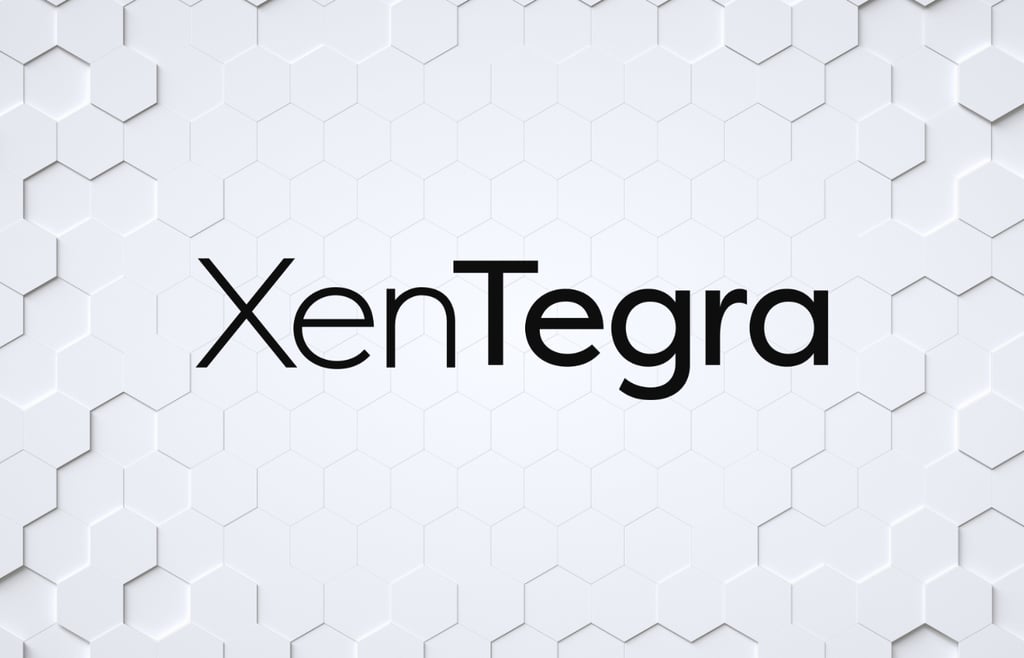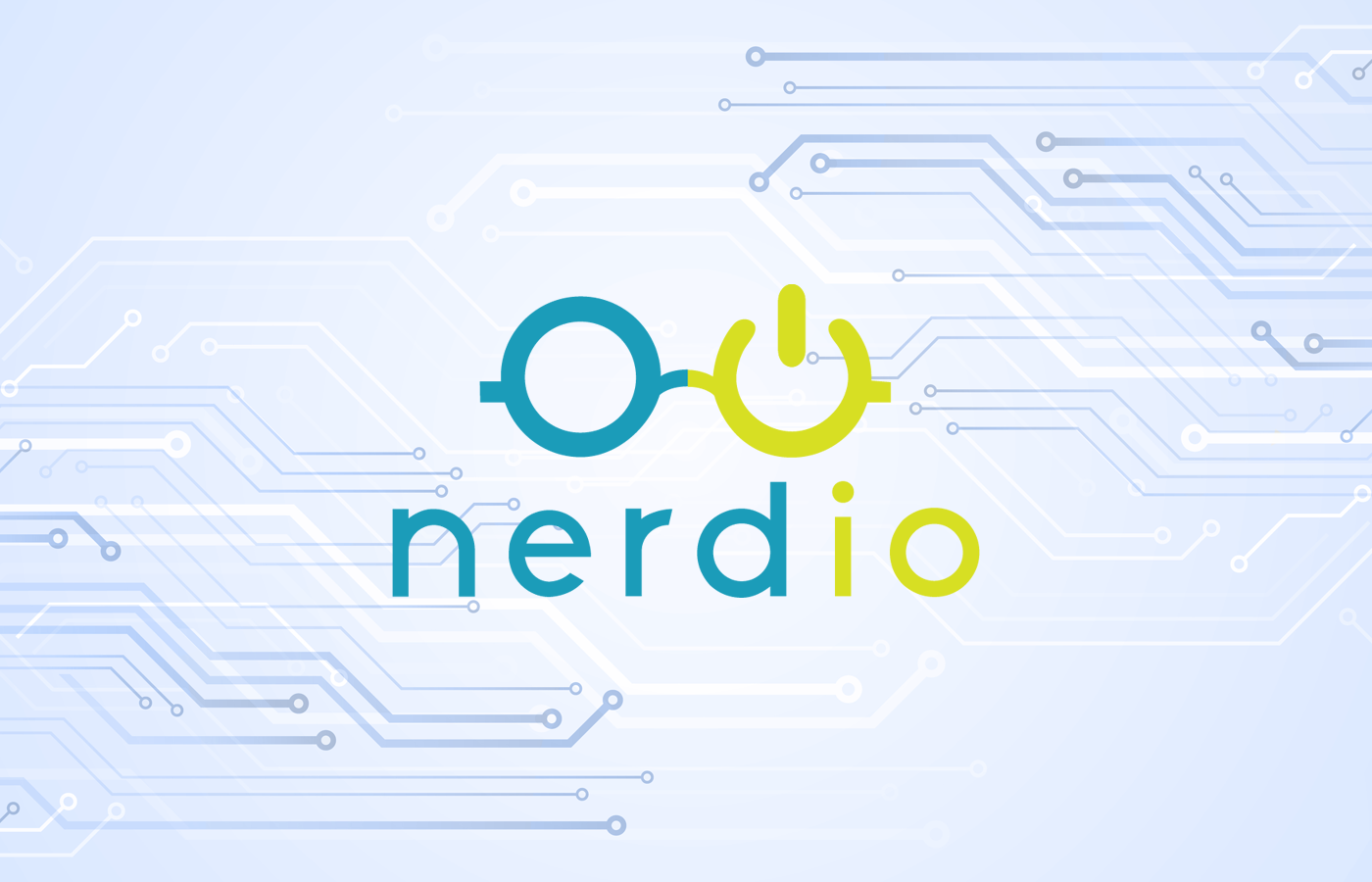




Explore how Caylent and AWS are accelerating cloud migration and modern application modernization with AI-driven tools, cost efficiencies, and strategic guidance in this in-depth interview with Ryan Gross. Explore how Caylent and AWS are accelerating cloud migration and modern application modernization with AI-driven tools, cost efficiencies, and strategic guidance in this in-depth interview with Ryan Gross.

Learn how 1111 Systems is helping displaced VMware partners and customers maintain stability, continuity, and growth amid Broadcom’s ecosystem changes. Learn how 11:11 Systems is helping displaced VMware partners and customers maintain stability, continuity, and growth amid Broadcom’s ecosystem changes.

Discover how Thrive’s new AI Managed Services help organizations securely adopt AI, streamline workflows, and unlock practical business value in this interview with CTO Michael Gray. Discover how Thrive’s new AI Managed Services help organizations securely adopt AI, streamline workflows, and unlock practical business value in this interview with CTO Michael Gray.

Federal Security Architect Mark Mitchell explains how Secure Service Edge (SSE) from Netskope is helping government agencies strengthen Zero Trust strategies and modernize federal IT securely. Federal Security Architect Mark Mitchell explains how Secure Service Edge (SSE) from Netskope is helping government agencies strengthen Zero Trust strategies and modernize federal IT securely.

Ingram Micro’s Sanjib Sahoo joins Channel Insider at Ingram Micro ONE 2025 to discuss how AI, data, and human creativity are shaping the future of the IT channel. Ingram Micro’s Sanjib Sahoo joins Channel Insider at Ingram Micro ONE 2025 to discuss how AI, data, and human creativity are shaping the future of the IT channel.

Zones CEO Yehia Omar discusses his vision for the company and its partners and customers after stepping into the role in September 2025. Zones CEO Yehia Omar discusses his vision for the company and its partners and customers after stepping into the role in September 2025.

-
Channel Business -
Security -
AI -
Infrastructure Related Topics -
- Lists & Awards Top ArticlesLink to AI 50 List
 AI 50 ListChannel Insider's editorial team spotlights the top AI leaders from MSPs, vendors, and channel businesses delivering measurable outcomes.Link to CML 100 Honorees
AI 50 ListChannel Insider's editorial team spotlights the top AI leaders from MSPs, vendors, and channel businesses delivering measurable outcomes.Link to CML 100 Honorees CML 100 HonoreesCheck out our CML 100 List to discover the top channel marketing individuals who are transforming channel marketing for their organizations.Link to HSP 250 List
CML 100 HonoreesCheck out our CML 100 List to discover the top channel marketing individuals who are transforming channel marketing for their organizations.Link to HSP 250 List HSP 250 ListView our HSP250 list to see the top Hybrid Solution Providers that have proactively embraced the future of tech.Link to The 2024 Channel Insider VIP List
HSP 250 ListView our HSP250 list to see the top Hybrid Solution Providers that have proactively embraced the future of tech.Link to The 2024 Channel Insider VIP List The 2024 Channel Insider VIP ListChannel Insider sought nominations from IT vendors, solution providers, and partners to highlight impactful collaborations. Check out our top choices here.
The 2024 Channel Insider VIP ListChannel Insider sought nominations from IT vendors, solution providers, and partners to highlight impactful collaborations. Check out our top choices here. - Resources Resource HubsFeatured ResourcesLink to Video: Tackling AI, Tech Debt & Faster AWS Migration with Caylent
 Video: Tackling AI, Tech Debt & Faster AWS Migration with Caylent
Video: Tackling AI, Tech Debt & Faster AWS Migration with CaylentExplore how Caylent and AWS are accelerating cloud migration and modern application modernization with AI-driven tools, cost efficiencies, and strategic guidance in this in-depth interview with Ryan Gross. Explore how Caylent and AWS are accelerating cloud migration and modern application modernization with AI-driven tools, cost efficiencies, and strategic guidance in this in-depth interview with Ryan Gross.
Link to Video: How 11:11 Systems Supports Displaced Partners After VMware Program Changes Video: How 11:11 Systems Supports Displaced Partners After VMware Program Changes
Video: How 11:11 Systems Supports Displaced Partners After VMware Program ChangesLearn how 1111 Systems is helping displaced VMware partners and customers maintain stability, continuity, and growth amid Broadcom’s ecosystem changes. Learn how 11:11 Systems is helping displaced VMware partners and customers maintain stability, continuity, and growth amid Broadcom’s ecosystem changes.
Link to Video: How Thrive Is Bringing AI Managed Services to its Customers Video: How Thrive Is Bringing AI Managed Services to its Customers
Video: How Thrive Is Bringing AI Managed Services to its CustomersDiscover how Thrive’s new AI Managed Services help organizations securely adopt AI, streamline workflows, and unlock practical business value in this interview with CTO Michael Gray. Discover how Thrive’s new AI Managed Services help organizations securely adopt AI, streamline workflows, and unlock practical business value in this interview with CTO Michael Gray.
Link to Video: How Netskope and Partners Secure Federal Agencies with SSE Video: How Netskope and Partners Secure Federal Agencies with SSE
Video: How Netskope and Partners Secure Federal Agencies with SSEFederal Security Architect Mark Mitchell explains how Secure Service Edge (SSE) from Netskope is helping government agencies strengthen Zero Trust strategies and modernize federal IT securely. Federal Security Architect Mark Mitchell explains how Secure Service Edge (SSE) from Netskope is helping government agencies strengthen Zero Trust strategies and modernize federal IT securely.
Link to Video: Ingram Micro’s Sanjib Sahoo on AI, Data & the Future of the Channel Video: Ingram Micro’s Sanjib Sahoo on AI, Data & the Future of the Channel
Video: Ingram Micro’s Sanjib Sahoo on AI, Data & the Future of the ChannelIngram Micro’s Sanjib Sahoo joins Channel Insider at Ingram Micro ONE 2025 to discuss how AI, data, and human creativity are shaping the future of the IT channel. Ingram Micro’s Sanjib Sahoo joins Channel Insider at Ingram Micro ONE 2025 to discuss how AI, data, and human creativity are shaping the future of the IT channel.
Link to Video: New CEO of Zones on AI, Growth, and Channel Vision Video: New CEO of Zones on AI, Growth, and Channel Vision
Video: New CEO of Zones on AI, Growth, and Channel VisionZones CEO Yehia Omar discusses his vision for the company and its partners and customers after stepping into the role in September 2025. Zones CEO Yehia Omar discusses his vision for the company and its partners and customers after stepping into the role in September 2025.
- About About







